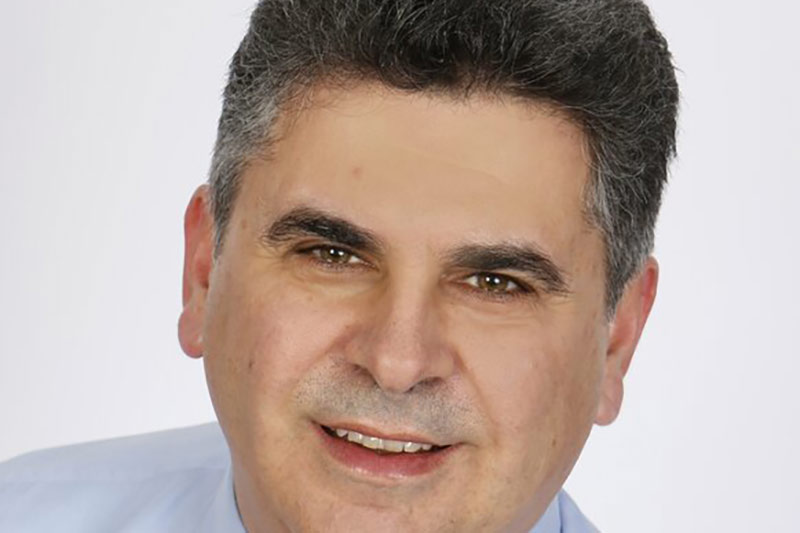At Everllence, the MAN 49/60 dual-fuel two-stage turbocharged engine design promises a feasible decarbonization path forward, according to Sokrates Tolgos, global director for cruise.
“We have cut the methane emissions by half with the new engine,” he said. “It is also more efficient, and better efficiency means less CO2 emissions.”
He said that running on LNG the engine will be compliant with IMO and FuelEU Maritime regulations into the mid-2030s when the next reduction step comes, which will require increased use of non-fossil, green fuels.
Meanwhile, LNG gives cruise lines time to adapt, he said.
The internal combustion engine will remain the workhorse of the industry, according to Tolgos, who said that it can be adapted to run on other types of fuels than LNG or diesel, such as methanol and potentially in the future also ammonia or hydrogen.

He described the 49/60 engine as a platform that can take different injection technologies. Today, it has gas-related fuel injection and can run on LNG and diesel fuel. But it can be converted to run on diesel and methanol instead without too many modifications.
“The engine has been designed from the beginning for retrofits without having to change too many components in order to keep the cost down,” he said.
“So, changing to different fuels, the challenge will not be the engine, but the modifications to the fuel supply system and the fuel tanks. If you have LNG tanks, can you use them for methanol? And how will it affect the vessel architecture in terms of safety concepts?”
Tolgos’ advice to shipowners is to first go with LNG, and when they build the LNG tanks, to make sure to use materials that are compatible with other fuels such as methanol.
His second recommendation is to plan ahead for methanol and maybe hydrogen into the design of newbuilds. Hydrogen could be run in the engines in the Otto or diesel cycles.
He said that MAN already ran hydrogen combustion engines in buses and trucks in the 1990s, so for Everllence it is only a matter of adapting technology and know-how they already have to its latest generation of internal combustion engines.
The 49/60 can run on LNG, diesel or HFO and comes in different configurations as in-line or V-type engines. It can operate on biogas or synthetic natural gas, while methanol retrofit kits are being developed.